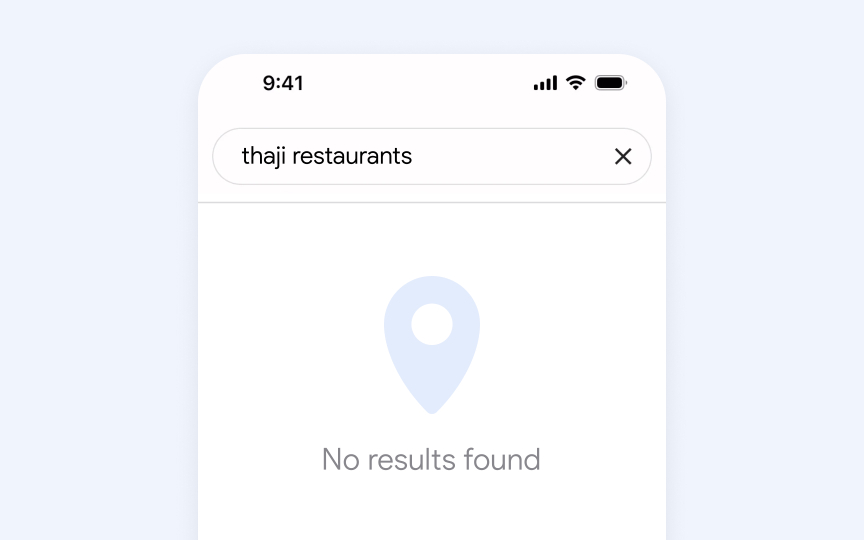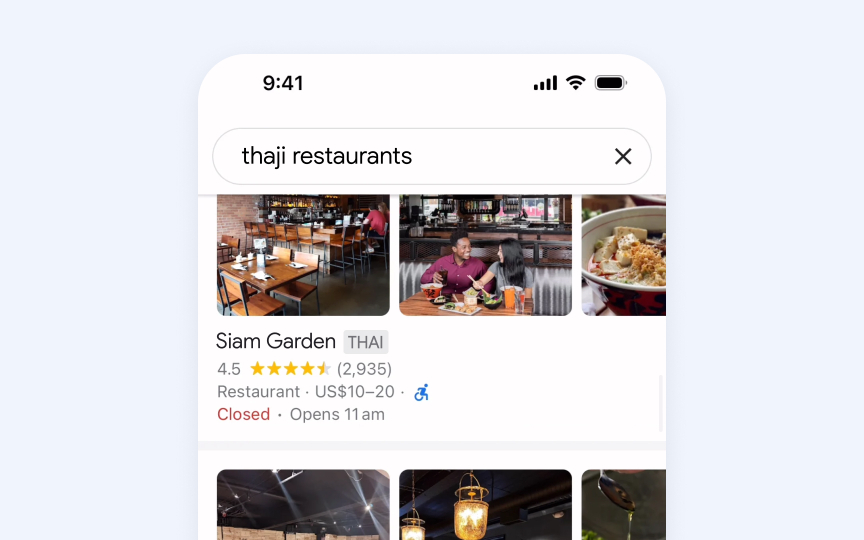Alignment errors and user assumptions
Alignment errors happen when AI makes incorrect assumptions about what users want, when they want it, or why. These errors feel personal because the AI seems to ignore obvious clues about your context.
Imagine opening a recipe app at 6 AM to plan dinner. The app suggests breakfast recipes because it assumes morning equals breakfast time. For most users, this makes sense. But if you work night shifts or plan meals ahead, this assumption fails. The AI lacks the broader context of your daily routine.
These misunderstandings multiply across cultures. A music app might play upbeat party songs during a religious fasting period. A fitness tracker might push intense workout notifications when you're sick. The AI correctly identifies patterns but misses important context about your current state.
The challenge is that AI systems see patterns, not purposes. They process data without understanding the meaning. A spike in restaurant searches might mean you're hungry, planning a birthday dinner, or writing a food blog. The AI guesses based on statistics, not the situation. Each recommendation follows logical data patterns but can feel completely wrong based on your actual needs.



